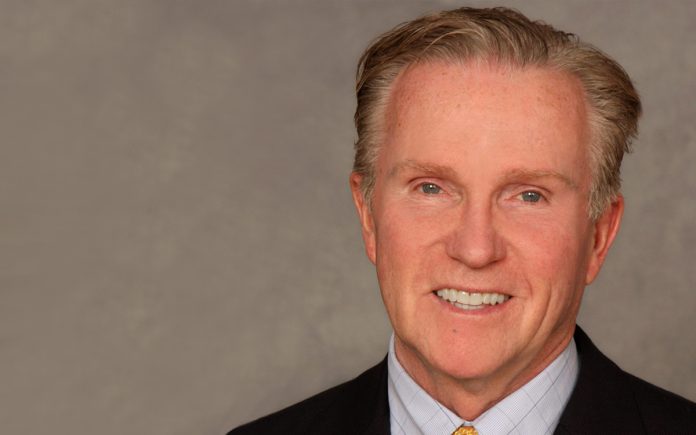After my plenary lecture at the International Practitioner Health Summit “The Wounded Healer” in London last October, I was invited to sit in on a bereavement group which was meeting at the conference site. Reassured that I would not be deemed an interloper, I jumped at the opportunity. The group is comprised of individuals who have lost a physician loved one to sudden death, due mostly, but not exclusively, to suicide. It has been spearheaded by Dr. Clare Gerada, medical director of the National Health Service (NHS) Practitioner Health Program, who felt there was a need for family members of doctors to come together. This was their second meeting, facilitated by Frances Griffiths.
The group was underway when I arrived but I was able to quickly and quietly find a seat. I’ve cobbled together a bit of background on some of those who attended (I’m mentioning only those who have gone public with their loss):
- Dave Emson, paleoecologist, who lost his psychiatrist wife and infant daughter to extended suicide in 2000. I’ve written about this lovely gentleman on this blog in the past1 and about the significant public service volunteerism he has done in London on physician suicide and postpartum psychosis.
- Dr. Robin Warshafsky, general practitioner, who lost his 31-year old son Julien, an anesthesia resident, to a fentanyl overdose in 2016. He was there with his wife and another son.
- Dr. Laurel Spooner and her husband Richard Spooner. They lost their daughter Sophie, age 26, to suicide in October of 2017. She was a recent medical school graduate working as a locum physician before embarking on the next stage of her career. They were there with one of their 2 sons and another daughter and her husband.
- Dr. Kate Harding, general practitioner and palliative care physician. She lost her husband Richard, an anesthetist and critical care specialist, to suicide in October 2017. He died the same day as Sophie Spooner.
- Robert Spooner. He and his wife Jane lost their daughter Melanie, a pediatrician, to end-stage anorexia nervosa in 2011. She was 30 years old and died of heart failure.
As members of the group spoke, especially when sharing pieces of information about their loved one—how they lived and how they died—I was struck by the rapt attention paid. Despite the gravity of their respective losses, the trauma, and the intense suffering, the atmosphere was one of comfort and acceptance. No judgment. And a lot of hope. Witnessing the kind gestures and affectionate words extended from those whose family member died a longer time ago to those whose grief was more recent and fresh was extremely moving.
The fact that they were all there because of the death of a physician loved one added another dimension: the unique vulnerabilities of doctors and the complicated business of accessing and receiving exemplary care. I could tell that everyone in that room is committed to making a difference in the status quo and that changes are imperative—that new learning must come from examining the deaths of their physician spouse, son or daughter, or sibling. The word “courage” in the title of this piece captures their fortitude and altruistic concern for today’s physicians. They are coming forward and speaking out in the press, podcasts, and on television.
Deeply affected by the magnitude and emotional complexity of what the participants were living with, I was transfixed. Suddenly the group was wrapping up and this jolted me out of my reverie. I heard Griffiths say “Dr. Myers would you like to say anything.” I was lost for words. I can’t remember exactly what I said but I thanked them for the privilege of being able to sit in on their meeting. I added that I felt deeply humbled by this experience and wished them well. In my heart, I felt that what I said was paltry and inadequate. It was only after a few days, on my flight back to New York, that I fully realized how pioneering Dr. Gerada’s initiative has been, and how many other grieving families could benefit from coming together like they are doing. That is why I’ve written this article—so that readers who are interested will know about this and, if need be, establish such a group in their home community.
References
1. Myers MF. The Intimacy of Tragedy. Psych Congress Network. October 7, 2016.
Dr. Myers is Professor of Clinical Psychiatry and immediate past Vice-Chair of Education and Director of Training in the Department of Psychiatry & Behavioral Sciences at SUNY-Downstate Medical Center in Brooklyn, NY. He is the author of 8 books, the most recent of which are “Why Physicians Die by Suicide: Lessons Learned from Their Families and Others Who Cared” and “The Physician as Patient: A Clinical Handbook for Mental Health Professionals” (with Glen Gabbard, MD). He is a specialist in physician health and has written extensively on that subject. Currently, Dr. Myers serves on the Advisory Board to the Committee for Physician Health of the Medical Society of the State of New York. He is a recent past president (and emeritus board member) of the New York City Chapter of the American Foundation for Suicide Prevention.
The views expressed on this blog are solely those of the blog post author and do not necessarily reflect the views of the Psychiatry & Behavioral Health Learning Network or other Network authors. Blog entries are not medical advice.
This article was first published on the Psychiatry & Behavioral Health Learning Network on 19 February 2019










Thank you Dr. Myers for writing this blog and bringing to the awareness of the general public the pressure on those working in the health profession. It is time that this was looked into more deeply and that our doctors, nurses, psychiatrists etc receive more support as they continue to be of service to the many in need.
Dr Myers clearly has great compassion and understanding of the impact of physician suicide on families, friends and colleagues. The group meeting that he attended would have allowed those grieving to express their grief and share their wisdom, and no doubt this would have been a very healing experience for all.
Yes, Bernadette, Mike is such a deeply caring and wise man… we are blessed to have him with us…